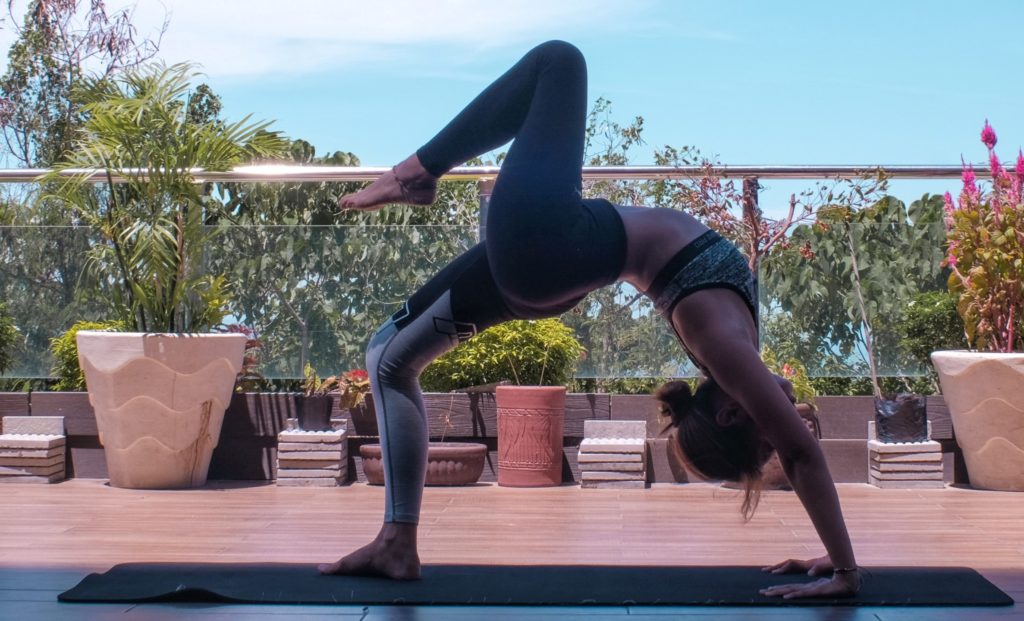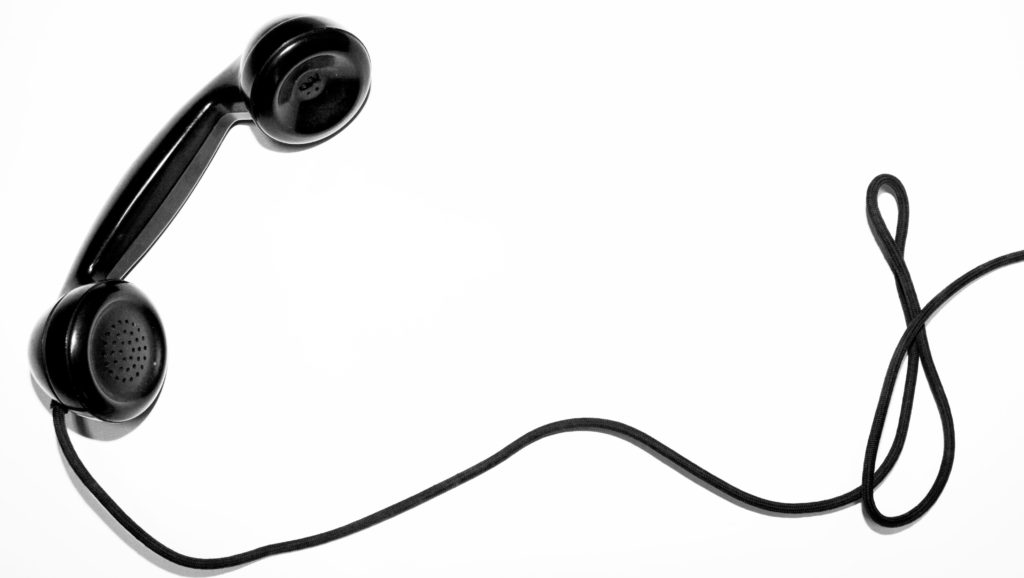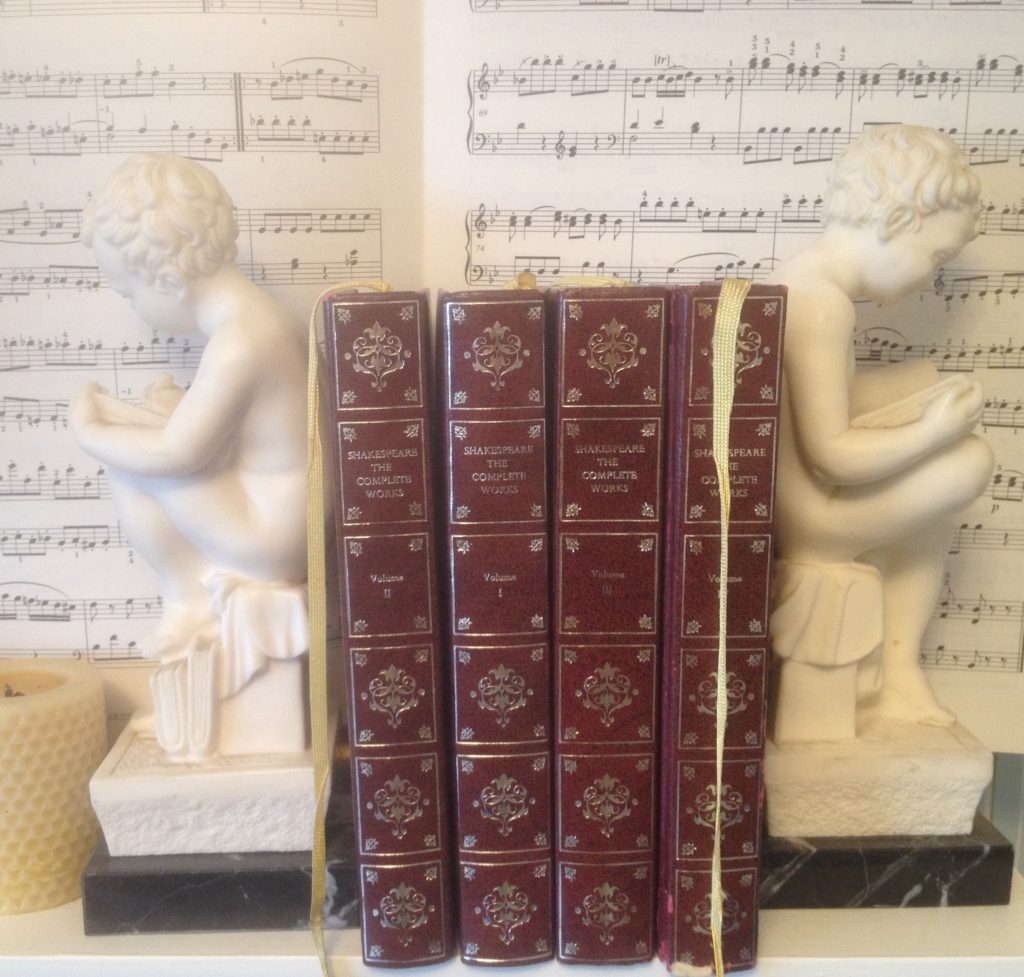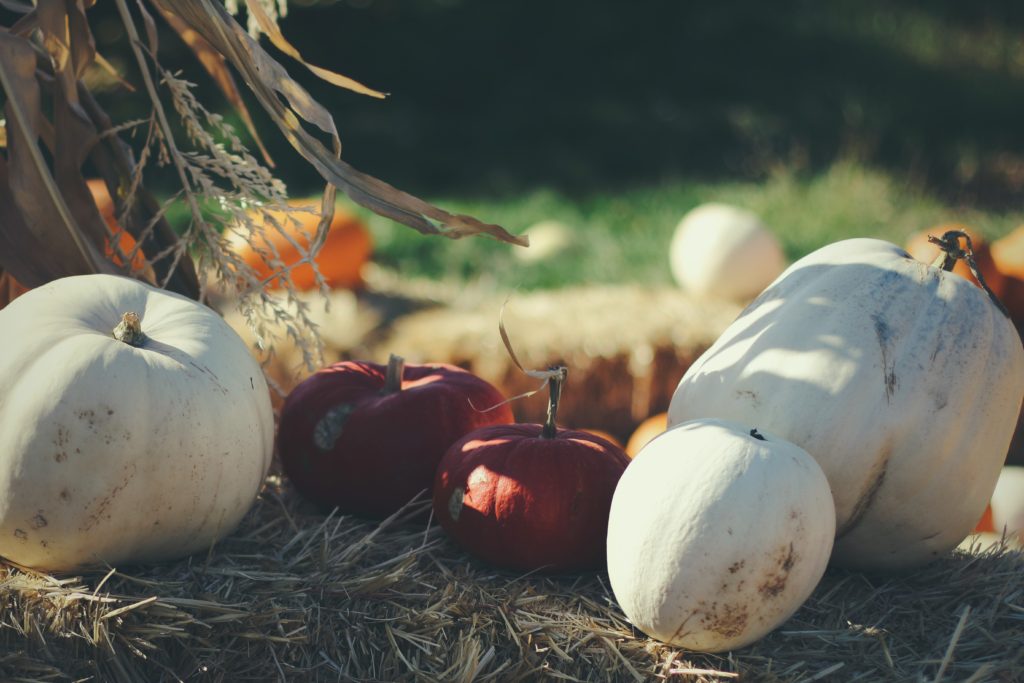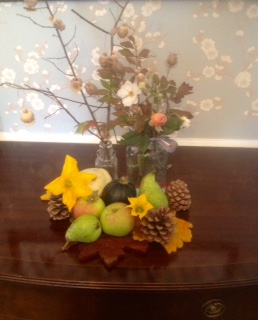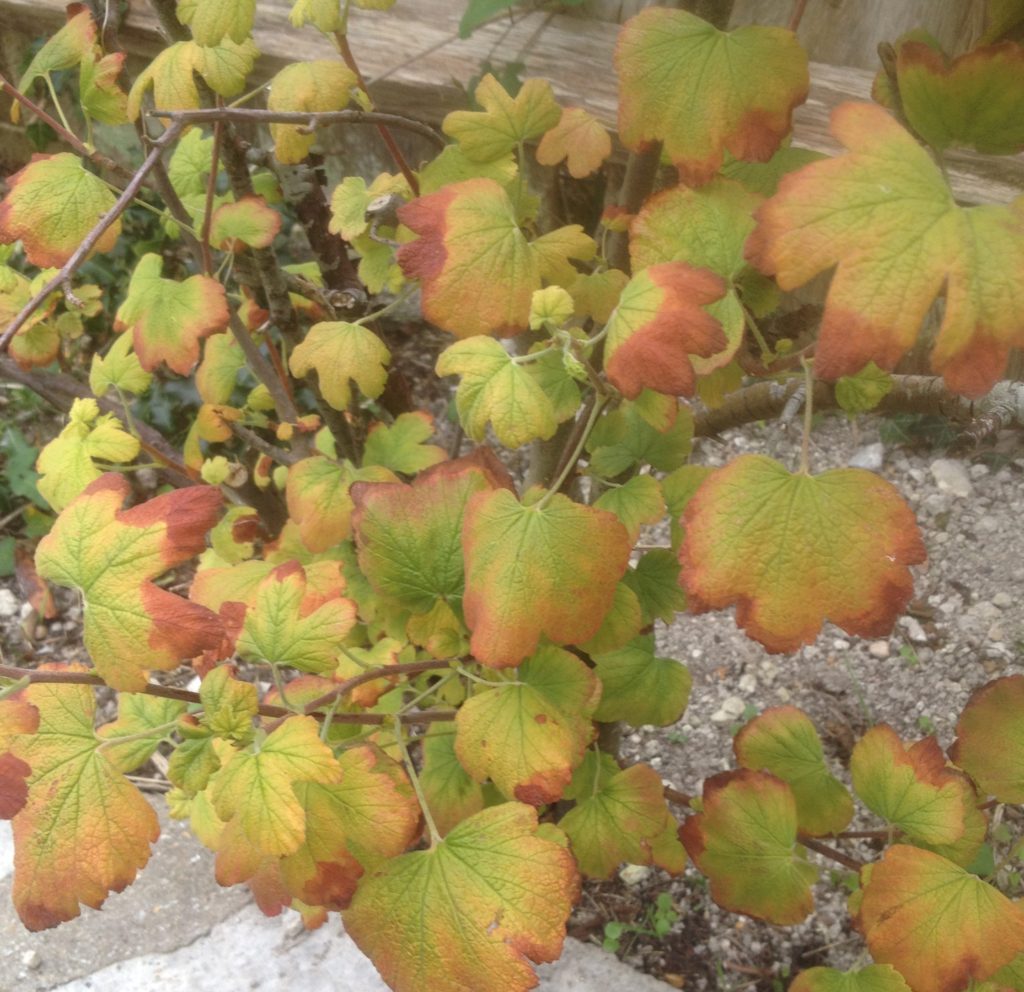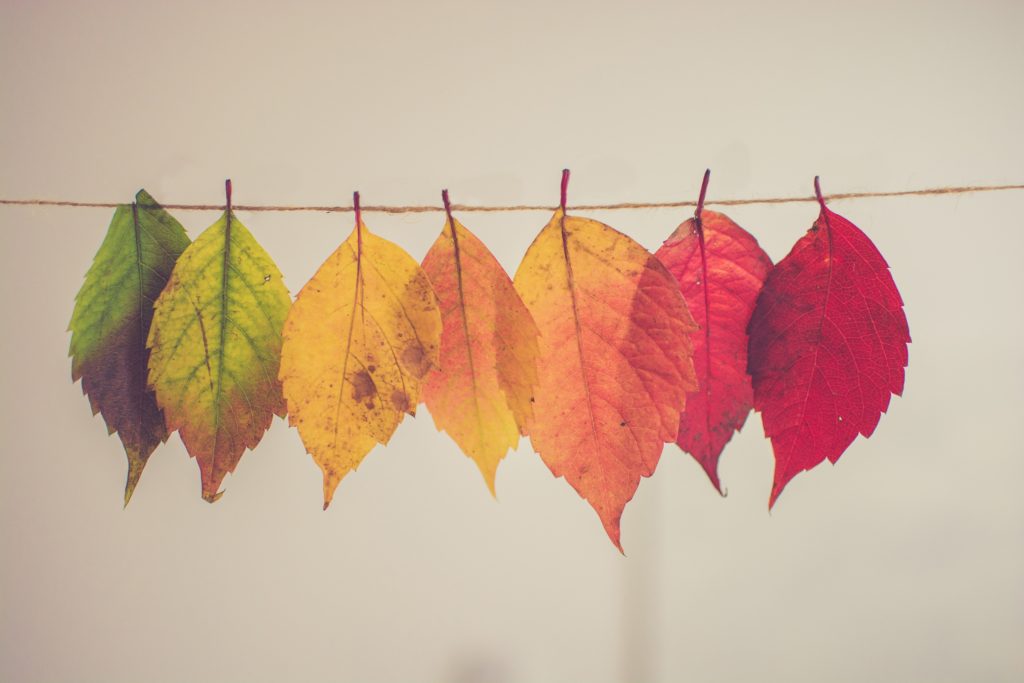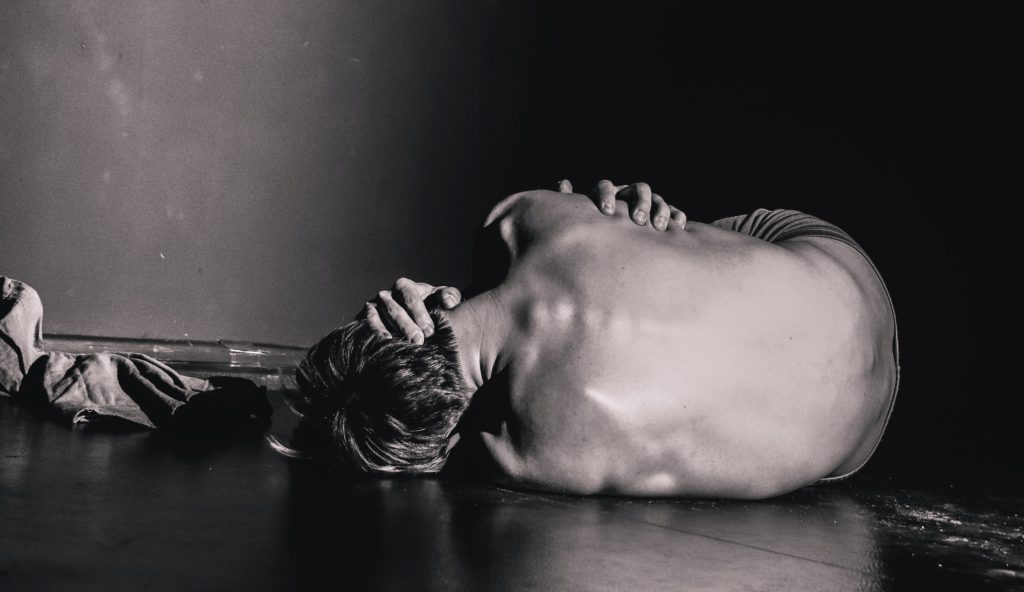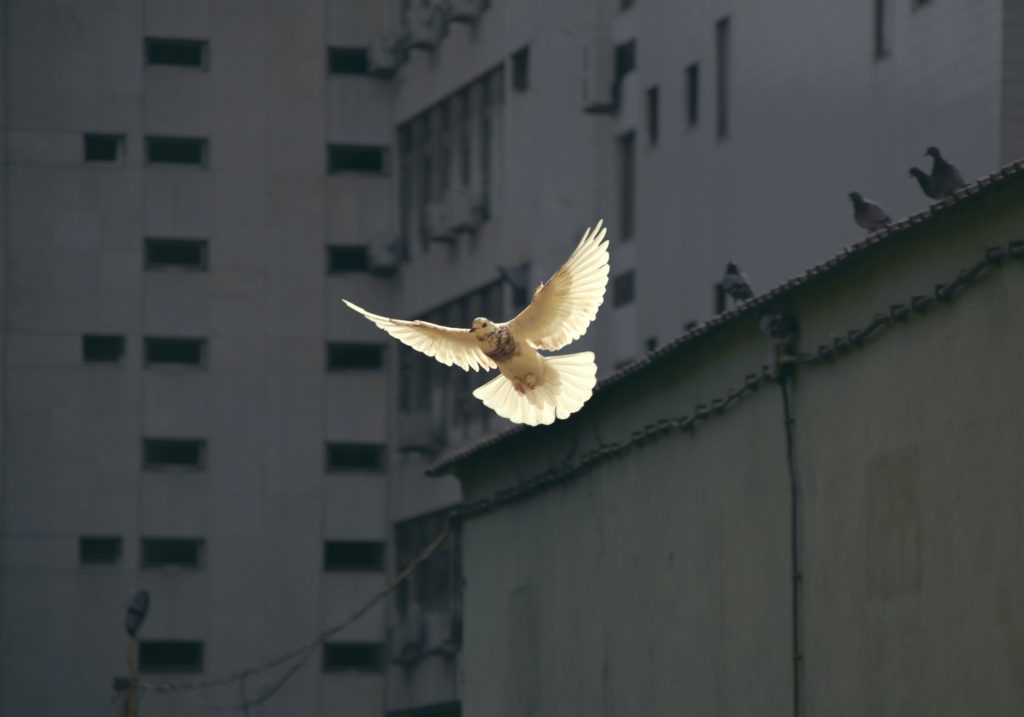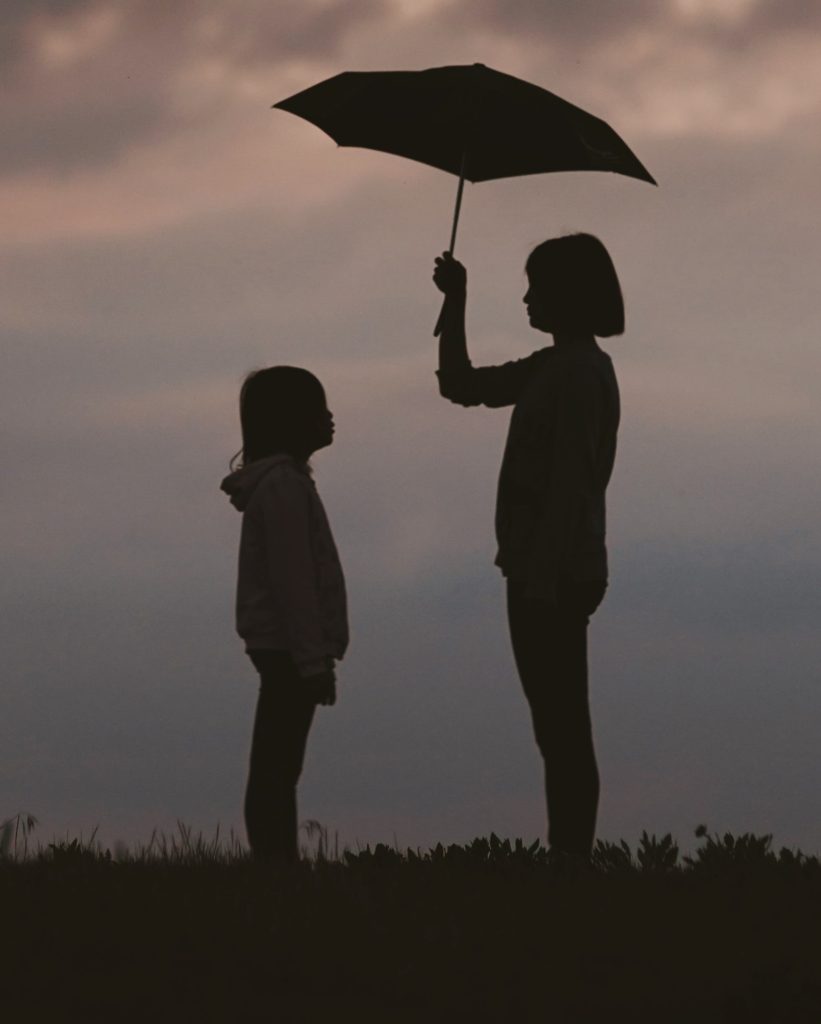Sometimes it feels as if the very air is crackling with static electricity bred from the endless stream of negative news. We are on the brink of a storm of epic proportions: a lethal pandemic, a messy exit from the EU, an upcoming American presidential election filled with rancour and hate. There are many who claim that it is a sort of end times, but I would disagree. These are difficult times, certainly; however, they are not something we cannot manage and if we are wise, redirect from the cliff-edge of catastrophe.
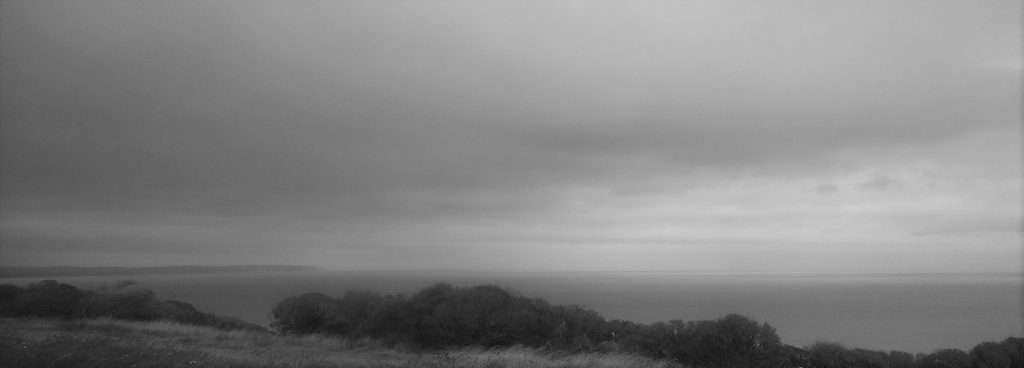
This post will look at the social element of all of this and part two will deal with the practical. It will not be political, but it will, I hope, encourage each of us to consider how we can work towards the common good.
Shock! Horror!
The most depressing thing that I ever learned, from someone who worked in the industry, was that newspapers are not about delivering news, but about gaining advertising revenue. It took me a while to filter the information, but of course, he was right. Newspapers are businesses and their income does not come from the very small contribution of the cover price, but from the adverts on the pages.
Understanding this helps us realise why newspapers often exaggerate or focus on inflammatory information. The old adage, ‘If it bleeds, it leads,’ exemplifies this. A story of a gruesome murder, a riot or a political scandal interests far more readers than the even the most noble act.

Social media
Most social media platforms would argue that their purpose is to connect. And generally, this is true. I would be lost without email, WhatsApp and Skype. They provide the most amazing opportunity to keep in touch with those far away or those close, but who I can’t see due to isolation. Used well, they bring us together as few other things do. However, recently, the same platforms have been used to spread hate, to condemn individuals and stifle free speech. This is in part because the way these platforms are designed. Their algorithms are set to send viewers to ever more extreme material. Most worrying is the fact that for many younger people, this is their source of news.
It seems that like driving in the car, the anonymity these platforms bring encourages the worst behaviours. There are no filters and no fact checkers, so you can say whatever you wish. Contradict someone and expect to be unfriended; make an ‘inappropriate’ remark and expect to be pilloried. I am fortunate in that the vast majority of what I read is a joyful sharing of life’s experiences, but I am surprised and saddened by those posts that wish to incite anger or which simply assume that you agree.
Poison pens
If we believe in the power of the written word, as I do, I feel we should take great care about what we read. Consuming a diet of angry diatribes is like taking a sip of poison each morning with our cup of tea.
If you find your blood pressure rising with each article or post or tweet you read, perhaps consider weening yourself from that source. I would not recommend removing yourself entirely from the virtual or print world. There are still plenty of sources of balanced and informed reporting to choose from – though you may have to search a little harder. I would also encourage, wherever possible, to go to the source. On any aspect of government, the GOV.UK site will inform you without any editorialising or bias at all. They will simply give you the current government policy. What you make of it, is up to you.

Friend or foe?
Lastly, I think we need to be a little selective about who we spend time with. There are friends who lift us up and friends who bring us down. There are friends who seek healing and those who seek division. I love the words in Max Ehrmann’s ‘Desiderata’, where he says, ‘Avoid loud and aggressive persons,
they are vexations to the spirit.’ We all know those who fall into this category and we probably love them all the same. What I am suggesting is simply that we are aware of the effects they have upon us and if necessary, to keep that to acceptable limits.
Yet, what concerns me most about all the inflammatory talk is that it so often misses the real issue. In its intoxicating and alluring demands on our emotions, we somehow feel that talking about it brings a result. Of course, it does nothing of the sort – except perhaps raising rage.
Changing the narrative
If we want to see improvements in whatever sector of society that we feels needs it, we need to embark upon a course of action. This first means looking at our own lives and considering to what extent our behaviours further or hinder our cause.
Gandhi puts this beautifully when he says:
We but mirror the world. All the tendencies present in the outer world are to be found in the world of our body. If we could change ourselves, the tendencies in the world would also change. As a man changes his own nature, so does the attitude of the world change towards him. This is the divine mystery supreme. A wonderful thing it is and the source of our happiness. We need not wait to see what others do.
Mahatma Gandhi, 1913
Taking it further
The next step is even harder. If we hope to make real change, to alter policy or people’s beliefs and behaviours, we will need to dedicate a great deal of time and effort. Liking something on Facebook or even joining a protest has limited impact. (One million people marched in opposition to the war in Iraq and the Government blithely ignored it.)
Instead we need to research, plan and campaign. And this takes time – weeks or months or even years. We will need to talk to people of all persuasions including those whose positions seem to be in direct opposition to our own. And here’s the interesting bit. People do not always behave in ways we would expect. Our Tory MP was the one who helped secure a Marine Conservation zone around Beachy Head. The local temporary accommodation provider was instrumental in improving their provision and in working to help those finding themselves homeless – even though it would involve higher costs and effort on their part.
It is so much easier to brand individuals and organisations than to engage with them. If we really want long-term, successful solutions to the world’s many problems, we need to open our ears and our hearts to the views of others. Only through understanding their objections and concerns will we have any hope of discovering a solution.
The Quakers have a saying: ‘Look for that of God/good in every person’, because if you do, you’ll usually find it.







